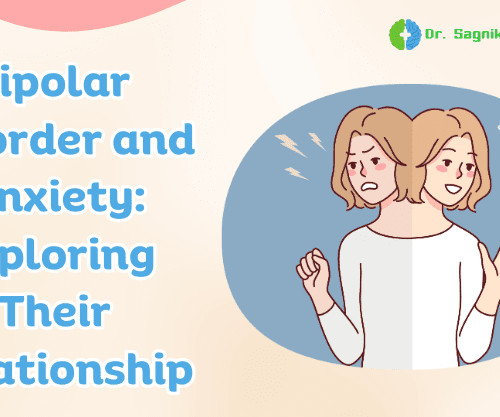Intellectual Developmental Disorder and Mental Health
Child Mind Intitute
MARCH 24, 2025
Research shows that children with intellectual developmental disorder have a higher incidence of mental health problems than other kids, but they are less likely to be diagnosed and treated for them. Why are kids with IDD more at risk for mental health disorders?













Let's personalize your content